If your company is doing well, a larger part of its credit has to go to QHSE department of the company. After all they draft the policies that everyone on board follow.
QHSE department plays a big role in the success of a shipping company.
But that is also applicable when the company isn’t doing well. QHSE department should be willing to take the responsibility and correct the things.
There are many right things that QHSE department of shipping companies do. But there are few that they completely neglect.
We are so entangled in this web of policies that we neglect the simple things.
In this post I will discuss 8 areas of improvement for QHSE department of a shipping company for achieving a far bigger success of the company.
1. HSE Policies
The first task of the QHSE department is to draft policies for everyone to follow. This is important and continuous task.
Though it is not an easy task, I must say that HSE policies of most of the shipping companies are robust.
But the task of the QHSE department is not only to make policies but also to ensure that everyone follows it.
When it comes to HSE policies, we have two inter-related issues
- More policies
- Less compliance
In fact, it would not be wrong to say that the number of policies is inversely proportional to the compliance rate.
QHSE department must be absolutely sure if a policy that they are planning to roll out is necessary.
For example, I know a company which rolled out a strange policy after an anchor related accident. The policy required all masters to call their marine superintendent over phone just before dropping anchor.
Nobody followed the policy and the company never bothered if anyone is following it or not but the policy stayed there for years.
The key point is that there is no fun in having more policies specially the one with no logic.
The second issue is of the compliance.
We might say that we cannot force compliance, specially when we are sitting thousands of miles away from the work area.
May be, yes !! But we can always influence compliance on board, even while sitting far away from the ships.
How can we ? I could see this question coming !!!
And the answer is “by having the company run by policies and not by people”. So,
Who runs your company: People or policy ?
Do not know the answer to this question ? Then these direct questions can be of some help
- Do each department of the company has a bad inter-personal relations ?
- Do the expected shipboard standards vary with the age and condition of the ship ?
- Do the expected shipboard standards vary with the hectic schedule of the ship ?
- Do each ship superintendent discuss his appraisal report about master and chief engineer with them without fail ?
If the answers to any of these questions is NO, your company is being run by “People” and not by “Policy”.
For example, we may have a policy of open appraisal system. But if it is only expected to be followed by few people and not across all the departments, company is being run by people.
I see this quite often. A superintendent is suppose to share and discuss his appraisal report about master and chief engineer as per the company policy. But the compliance is left to the individual superintendent.
Another example of “company being run by people” is when expected on board standard changes according to the age and run of the ship.
If we read the HSE policy of any company, it would say that “we aim to have highest standards”. But if the definition of highest standards changes with the age of the ship and other external factors, this policy is just a piece of paper. Again in this case, the company is run by people and not by policy.
No matter how hard we try, we cannot achieve high compliance in companies that are run by people and not by its policies.
Take away point: QHSE department must ensure that company is running as per the policies and not as per the people.
2. Internal Audits
Let me narrate a story. Many of us would relate to this story.
Annual internal audit was conducted on a tanker which resulted in zero Non conformities and zero observations. Few days after, a PSC inspector boards the ship and detains the ship for deficiencies.
How come a best ship with no observation became a worst ship ?
In most of these cases, master and ship staff would be crucified. But QHSE department of a good company would blame it on ineffective internal audit conducted few days back.
I always believed that effective internal audits is the key of success for a shipping company.
There are few things QHSE department can do to ensure an effective internal audit is conducted. And one of the thing is the person conducting the internal audit.
As per ISM code,
Personnel carrying out audits should be independent of the areas being audited unless this is impracticable due to the size and the nature of the Company
This means that internal audit cannot be conducted by superintendent of the ship. This is logical as superintendent of the ship would not want to list out his own deficiencies.
For example if a critical equipment is not on board, the superintendent would not like to highlight this.
Superintendent of a different fleets conducting the internal audit of ships that are not in their fleet is also not a good idea.
This can give rise to “I scratch your back, you scratch mine” culture and effective internal audit will still not be a reality.
I am strong advocate of the idea that internal audits must be conducted by QHSE department of the company. And the QHSE superintendents must be willing to do a good job in that.
There are companies that hide behind the second line of the ISM code requirement (…unless this is impracticable due to the size and the nature of the Company). More often than not, these companies do not do a good job with the internal audits.
Internal audits should be a reset point of the on board SMS system. Any errors, faults in the the system must be identified and corrected after the internal audit.
If we allow these to develop over the years, we are inviting accidents.
Take away point: QHSE department must conduct the internal audits seriously and use it as a reset point for avoiding latent failures.
3. Training
Maritime industry spends enough money on training. But how much of that training is effective ?
It may not be completely ineffective but it does not justify the money spent.
Training of the employees is a integral part of successful implementation of company’s policies, provided the training is effective.
Let us say QHSE department just drafted a policy where it encourages “work safety on board”and wants its crew to follow “take 5” before any work.
Most companies that I researched on implement it this way
- Send a poster of “take 5” on board and ask the ship staff to paste it in alleways.
- Include the work safety on board and take 5 section in HSE manual and a QHSE assistant will send a message to the ships informing about the changes in the HSE manual.
This isn’t effective implementation. How should then QHSE department go about it ?
Well let me answer that by narrating my experience from another industry.
When we travel by air, not many of us are interested in watching the safety video played before take off and that includes me.
But then recently when I was on a Qatar airways flight, I watched the entire safety video. Want to know why ?
Watch it yourself.
A training video has more than 11 millions views on you tube, the audience for which this video is not even directly intended.
It simply proves that whoever watched it while it was playing on board the aircraft was actually grooved into it.
I am not saying to engage Messi or Kohli in training videos. But we must invest in effective training program using effective training techniques.
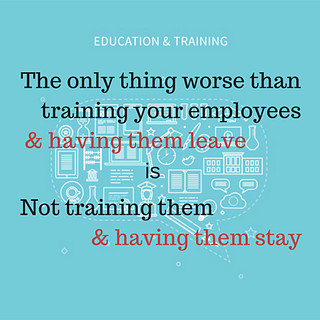 Good training material is no longer the only important thing. How we serve the training material to the consumer (Trainees) is also important.
Good training material is no longer the only important thing. How we serve the training material to the consumer (Trainees) is also important.
For example the content of the aircraft safety video is always same but Qatar airways safety video is consumed more widely.
QHSE department need to draw an effective training program for it to be of some use.
Take away point: QHSE department must invest in effective training of the ship staff
4. Safety Campaigns
Most seafarers hate safety campaigns. This is a broad statement but it is true.
Not that seafarers do not like safety campaigns at all but most of the safety campaigns that come on board are badly framed.
I say this after analysing at least 15 safety campaigns from 4 companies.
For example, in one of the MARPOL campaign,
- The questionnaire contained around 100 questions
- Master was supposed to take print out and distribute to each crew
- Each crew will answer these questions on the paper
- Master will collect it and calculate the score of each crew member and send the department wise (crew, deck officers, engineers) collective score of the ship to the office
Now this for one was a badly framed safety campaign.
QHSE department need to invest its time in research before they roll out a safety campaign.
A badly framed safety campaign wastes the time of both shore as well as ship management.
Take away point: Any safety campaign must be well thought out, researched and well framed. It must be framed by a team and not a single person.
5. SMS Reviews
ISM code requires master of the ship to review the elements of ship management system and report these to the shore management.
Masters, like any other rank on board and ashore are over occupied in their work. In this situation, it is so easy for them to just send the SMS review with all columns marked as “Checked and found satisfactory“.
Percentage of well thought out SMS review reports that a company gets is less.
An effective QHSE department of a good company always deal with these reviews appropriately as these are rare source of improvements.
There are 2 things that must be done to these reviews and suggestions
1) Acceptance or rejection of the points in review must be well thought out process.
2) If a point or suggestion made in the review is rejected, give detailed explanation in the response to the review. The responses such as “the point was discussed and it was decided that it is not necessary at this moment” does not work.
It is important that the person whose suggestion is rejected must be convinced about the reason for rejection. This will ensure that he continues to send good SMS reviews in the future.
Take away point: Encourage ship’s staff to send good SMS reviews. Make sure the person whose suggestion is rejected is convinced about the reason for doing so.
6. Incentives
Do rewards and incentives bring out better performance from people ? There are mixed reactions to this question. Some say “Yes”, some “no”.
As per “Alfie Kohn” from Harvard, rewards and incentives only brings out temporary compliance and cannot act as a motivator.
So then are incentives and rewards bad ?
Depend how we use it.
QHSE department should use the incentives to draw out something that is not in routine job for the shipboard staff.
For example, Mideast ship management uses the incentives really well. They urge the ship staff of all the ships to send any safety idea that they might have.
They analyse all the ideas received during the quarter and if any idea is worth implementing, they reward that idea with USD 500.
It is not about this scheme but about how they execute it. They send a detailed email to all ships giving detailed explanation about why the particular safety idea was selected as the winner.
They then put all the efforts to implement this idea on board all ships. Many times this implementation involves spending money on each ship.
But I know of incentive schemes in some companies where an incentive is given to one crew member from each ship each quater.
The crew member is chosen by the master. Masters as they want to maintain the harmony on the ship, nominate one crew member on rotational basis.
This is wastage of huge amount of money and does not solve any purpose.
Take away point: Use the Incentives and rewards for improving the system or to push for something that is not routine.
7. Technology on board
If a company is not investing in technology, soon they will be left behind.
QHSE department should use the technology to bring out the best from the ship staff and this improving their performance.
How ? By using the technology to make the people work only for the things technology cannot.
For example, lets take simple task of updating the SMS e-manuals on board.
Earlier this is how it was done (many companies are doing it this way)
- Ship receives a data packet via email
- Master will download it, open the e-manual software and import the file
- If any error, he will make countless efforts in discussion with the IT department
Companies using the latest technology has made this whole process automated and online. Ship staff do not need to click a button.
Any IT related issues, IT department takes control of the ship’s server through “Team Viewer” and corrects the error.
This is just one example. We must invest in technology so that ship staff are doing what they are supposed to do. And that is running the ship.
Take away point: Use the technology to increase the effectiveness of on board staff.
8. Crew Perception
No matter how good policies a company has. Or even how well these are implemented. Crew member’s perception about the commitment of the company is an important factor for the success of a policy.
When it comes to crew behavior, it does not matter how committed management is. All it matters is what perception about the company crew is holding.
Crew member’s perception is one of the factor that determines his attitude towards on-job safety. People’s behaviour is based upon their perception of the reality than the reality itself.
The problem is that good perception about the management takes years to build but only few months to loose.
So how can QHSE department help in building a good perception or changing a negative one ? It is a long process but their are few dos and donts
1) Do management’s actions are in line with the policies ?
For example you will not find a single company that would say they are not serious about Marpol violations. But the time to show the commitment is when there is a reported Marpol violation. If the company doesn’t take any action for reported marpol violations, then it would contribute to the negetive perception.
If there is no suitable port for garbage disposal in near future, do the company spends extra money to arrange for barge ? This will too be a contributing factor.
2) How do shore personnel talk about the company to the ship’s crew or officers ?
3) Do shore staff follow policies when they come on board ?
For that matter when a company handles all the seven elements previously discussed in a better way, it contributes toward a good perception about the company.
Take away point: It is not enough to have a committed management. How shipboard staff perceives the management is equally important. After all that is what drives the crew behavious on board ships.
Conclusion
QHSE department handles the the quality of operations and quality of everything a company does. But QHSE department has to work beyond the usual work of drafting and updating the policies if they need to see the real change towards the success of a shipping company.
Share this:

About Capt Rajeev Jassal
Capt. Rajeev Jassal has sailed for over 24 years mainly on crude oil, product and chemical tankers. He holds MBA in shipping & Logistics degree from London. He has done extensive research on quantitatively measuring Safety culture onboard and safety climate ashore which he believes is the most important element for safer shipping.
Search Blog
10 Comments


An eyeopener for shipping companies which are now a days only concerned with the profit/loss , excellent article captain saab

Thanks Nitin. Profit / Loss is also important but problem arises when it becomes our only focus. We think that we are maintaining a balance between cost cutting and safety while we are being dragged too far into cost cutting.

Sir, your articles are very well written in easy to understand manner. I would like to take your permission to share with ship and office staff.

Thanks Arif. I would be thrilled if You can share the link with your colleagues Arif..

Well thought off and nicely put. Keep up the good work Capt. Rajeev

Thanks, Capt Ratnesh...

There could be another good example of effective training under point 3, i.e "MYSEATIME BLOG" by you. All Your articles are very well explained sir. Thanks for this blog.

Nice Blog sir....
Leave Comment
More things to do on myseatime
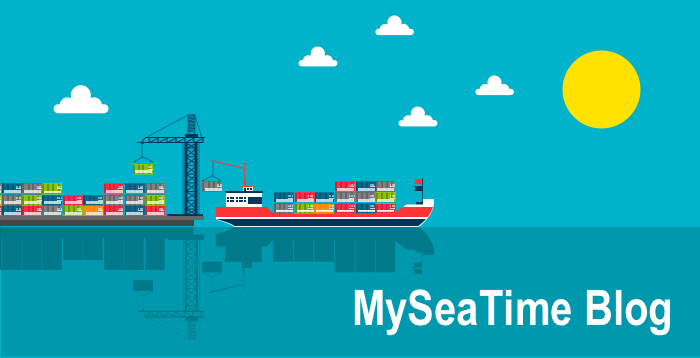
MySeaTime Blogs
Learn the difficult concepts of sailing described in a easy and story-telling way. These detailed and well researched articles provides value reading for all ranks.

Seafarers Question Answers
Ask or answer a question on this forum. Knowledge dies if it remains in our head. Share your knowledge by writing answers to the question

MySeaTime Podcast
This podcast on the maritime matters will provide value to the listeners. Short, crisp and full of value. Stay tuned for this section.


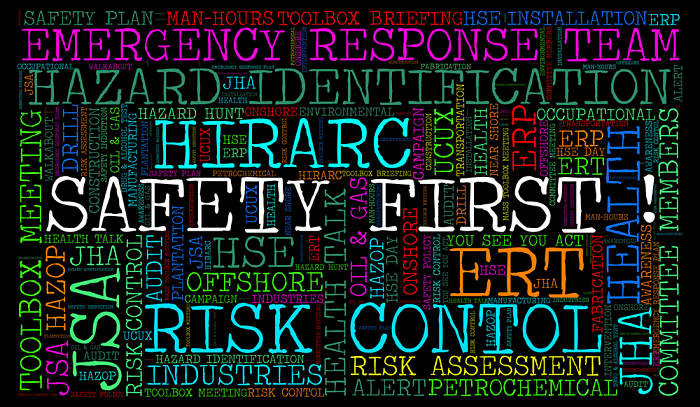
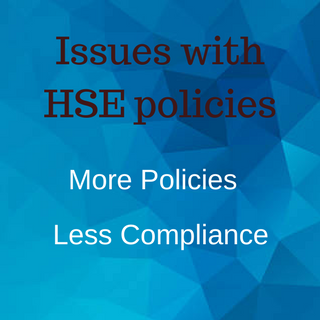
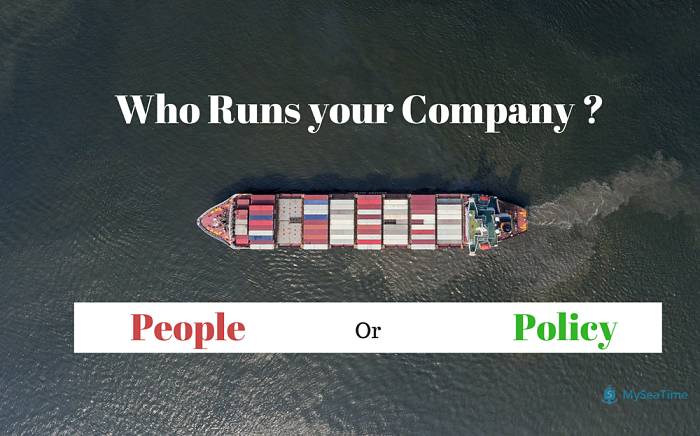
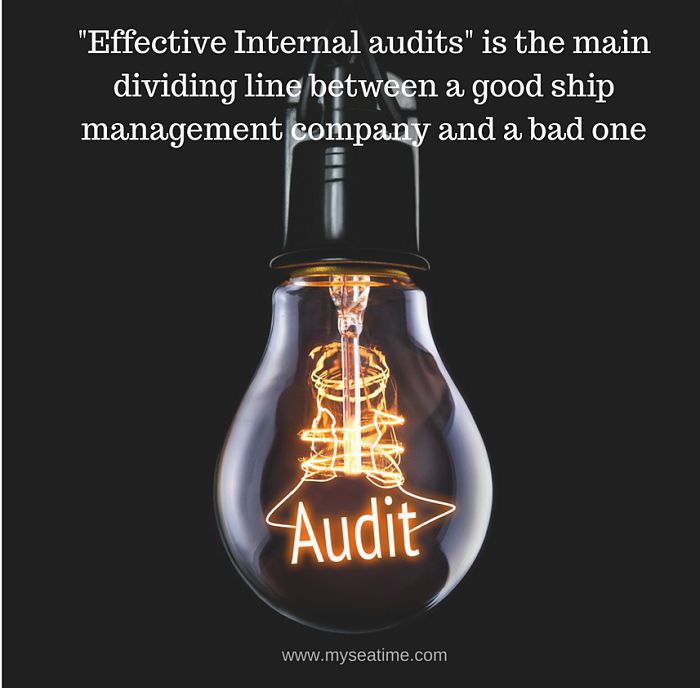
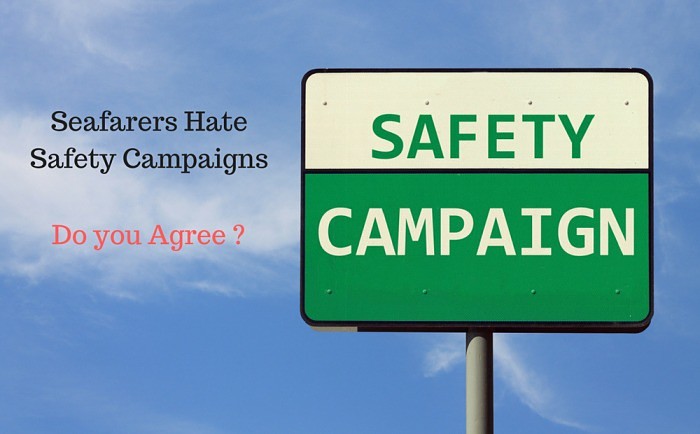

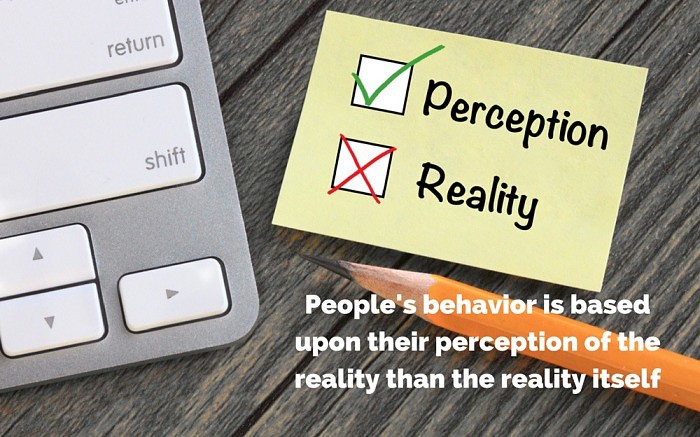
Very well thought off and practical article.
Thanks Capt Chander..